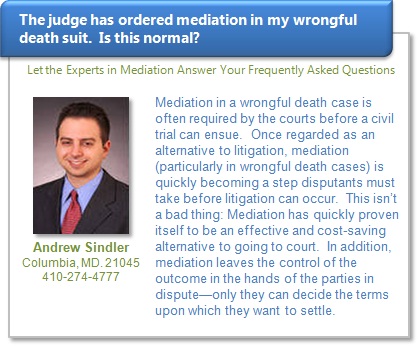
- Image courtesy of imagerymajestic / freedigitalphotos.net
According to a report compiled from the National Practitioner Data Bank, in 2012, over $3.6 billion dollars was paid out in medical malpractice claims. Of these payouts, 93% were the result of a settlement rather than a judgment, which clearly shows the success rate of alternative dispute resolution practices such as professional malpractice mediation.
When a professional offers services—whether it be medical, legal or investment-related—the possibility always exists for something to go wrong. After all, professionals are human and humans make mistakes from time to time—even the ones who are exceptional at their jobs. In cases for which something goes wrong, most professionals are covered by an insurance policy for malpractice claims. In fact, in today’s world, very few professionals practice their craft without one.
That’s why professional malpractice mediation is a great way to reach a settlement on a malpractice claim. With litigation comes not only added expense, but also loss of time and (potentially) reputation in the process. However, with professional malpractice mediation, both sides are able to openly communicate about the conflict with the assistance of a third party, neutral mediator. This process of open communication facilitates a quicker settlement so that everyone can get back to their lives and put the incident behind them.
Many organizations encourage mediation as a way to resolve professional malpractice claims because it is a low-cost, low-profile option. The best part is that if either party is not happy with the outcome of the mediation proceedings, they can then choose to litigate the claim. While mediation ensures that the parties in conflict remain in control of the outcome of their own negotiations, it doesn’t always promise a resolution to the conflict. However, in many cases involving professional malpractice, a mediator is able to bring the parties to a place of mutual agreement on settlement terms, making the process easier for everyone involved.








